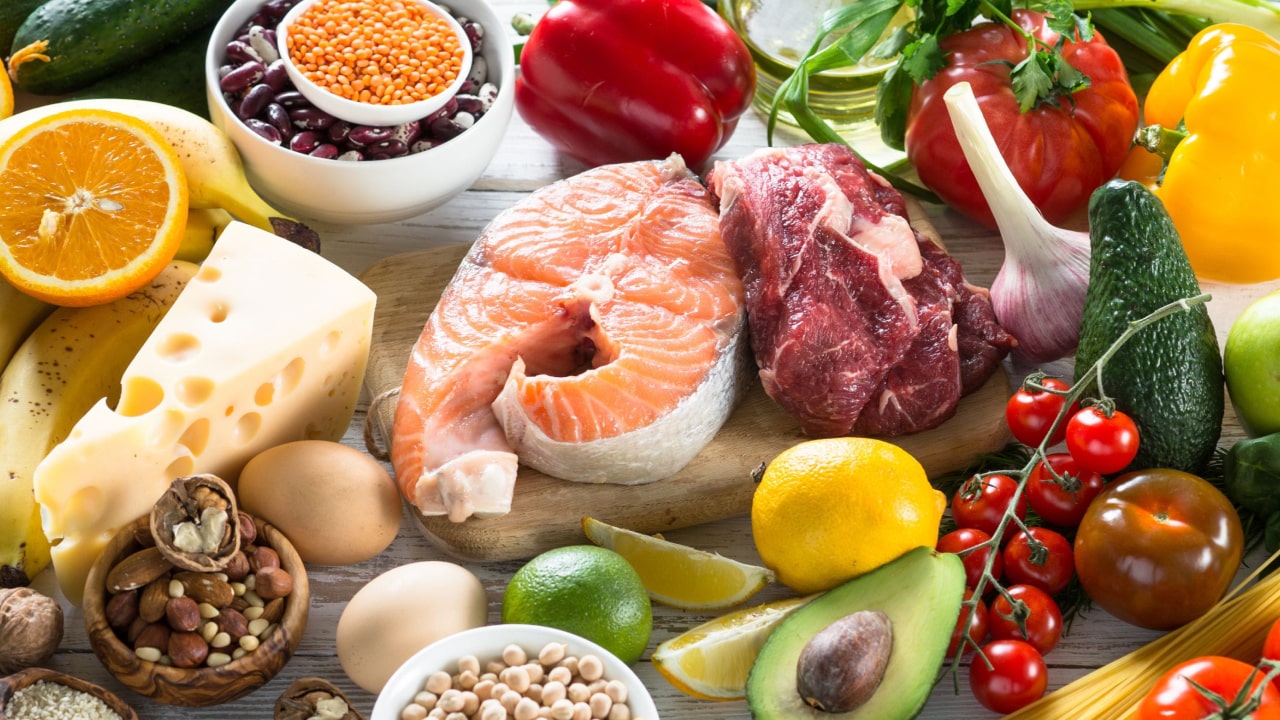
The Role of Diet in Managing Azoospermia
When faced with azoospermia – a condition where there’s no sperm in the ejaculate – many men feel overwhelmed and uncertain about their future fertility. While medical intervention is often necessary, emerging research suggests that diet plays a crucial role in supporting sperm production and overall reproductive health. Let’s explore how dietary choices can impact male fertility and potentially help manage azoospermia.
Understanding the Diet-Fertility Connection
Our bodies are remarkable machines that require proper fuel to function optimally, and sperm production is no exception. The foods we eat provide the building blocks necessary for creating healthy sperm. Think of your diet as the foundation of a house – without the right materials, the structure cannot stand strong.
Essential Nutrients for Sperm Production
Several key nutrients have been linked to improved sperm production and health:
Antioxidants are your sperm’s bodyguards. Vitamins C and E, found in fruits and vegetables, protect developing sperm cells from damage. Dark berries, citrus fruits, and leafy greens should become your new best friends.
Zinc might be a small mineral, but it plays a massive role in sperm development. Oysters, lean meats, and pumpkin seeds are excellent sources. Some studies suggest that zinc deficiency could contribute to poor sperm production, making it a crucial nutrient for men with azoospermia.
Folate, often associated with pregnancy, is equally important for male fertility. Leafy greens, legumes, and fortified cereals can help ensure you’re getting enough of this vital nutrient.
Omega-3 fatty acids support sperm membrane health and mobility. Cold-water fish like salmon and sardines are packed with these beneficial fats. If you’re not a fish fan, consider walnuts and chia seeds as alternatives.
Making Dietary Changes
Improving your diet doesn’t mean completely overhauling your life overnight. Start with small, sustainable changes:
Replace processed snacks with nuts and fruits. That afternoon vending machine run? Swap it for a handful of antioxidant-rich berries and zinc-packed pumpkin seeds.
Include more Mediterranean-style meals in your weekly rotation. This diet pattern, rich in vegetables, whole grains, and healthy fats, has been associated with better sperm parameters in several studies.
Stay hydrated with water instead of sugary drinks. Proper hydration supports overall reproductive health and helps your body maintain optimal conditions for sperm production.
Understanding Sperm Plus Tablets
While diet forms the foundation of reproductive health, some men might benefit from targeted supplementation. Sperm Plus tablets are a supplementary option designed to support male fertility. These tablets typically contain a blend of vitamins, minerals, and herbs traditionally associated with reproductive health.
Common ingredients in Sperm Plus tablets include:
- L-Carnitine for sperm energy metabolism
- Selenium for sperm development
- Zinc for hormone balance
- Antioxidants for cellular protection
However, it’s crucial to understand that supplements like Sperm Plus should complement, not replace, a healthy diet. Always consult your healthcare provider before starting any supplement regimen, as they can interact with medications or may not be suitable for everyone.
Foods to Limit or Avoid
Just as some foods support fertility, others might hinder it. Consider reducing your intake of:
Processed meats and high-fat dairy products, which may contain hormones or compounds that could affect sperm production. Choose lean, organic options when possible.
Alcohol and caffeine in excessive amounts can impact hormone balance and sperm development. Moderation is key – you don’t need to eliminate your morning coffee, but maybe skip that third cup.
Soy products in large quantities, as they contain plant estrogens that might affect hormone balance in some men. While moderate consumption is generally fine, excessive intake might be worth avoiding when managing azoospermia.
Creating a Fertility-Friendly Meal Plan
Planning your meals with fertility in mind doesn’t have to be complicated. Focus on creating balanced plates with:
- A generous portion of colorful vegetables
- Lean protein sources
- Whole grains
- Healthy fats
- Plenty of water throughout the day
The Long-Term Approach
Remember that dietary changes take time to show results. Sperm production cycles last about three months, so maintain your healthy eating habits for at least this long to potentially see improvements. Think of it as a marathon, not a sprint.
Working with Healthcare Providers
While improving your diet is a positive step, azoospermia often requires comprehensive medical care. Work with your healthcare team to develop a treatment plan that includes both dietary changes and appropriate medical interventions. Be open with your doctor about any supplements you’re considering, including Sperm Plus tablets.
Looking Forward
Managing azoospermia can feel challenging, but focusing on diet gives you an active role in supporting your reproductive health. Remember that every small change counts, and consistency matters more than perfection. While diet alone may not cure azoospermia, it creates an optimal environment for whatever treatment path you and your healthcare provider choose to pursue.
Also read:
Understanding Sperm Plus Tablets in Urdu



Leave a Reply